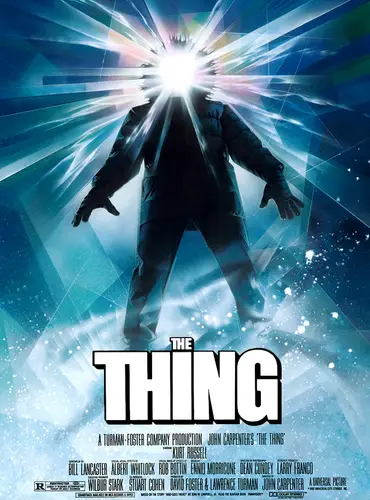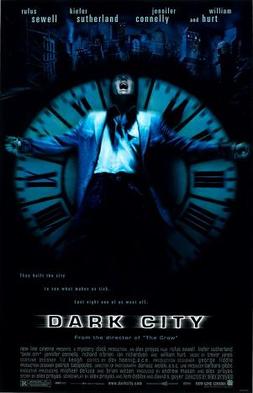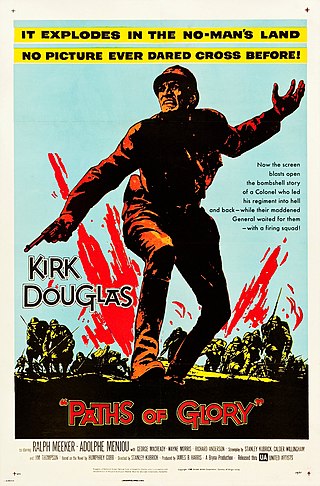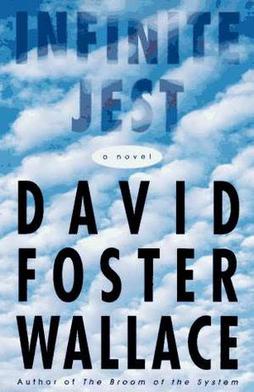Lists







5 Movies, 2 Books
Re-watch
Sort by:
Recent Desc
More lists by Ben



To watch
List includes: Dark City, Falling Down, Paths of Glory
December 2022
0
R
@randyfmarsh



Mindfucking awesome
List includes: Primer, Pi, Moon
November 2021
0
R
@randyfmarsh

Best comedies
List includes: Dirty Work
November 2021
0
R
@randyfmarsh

Overrated
List includes: Sideways, Infinite Jest
November 2021
0
R
@randyfmarsh